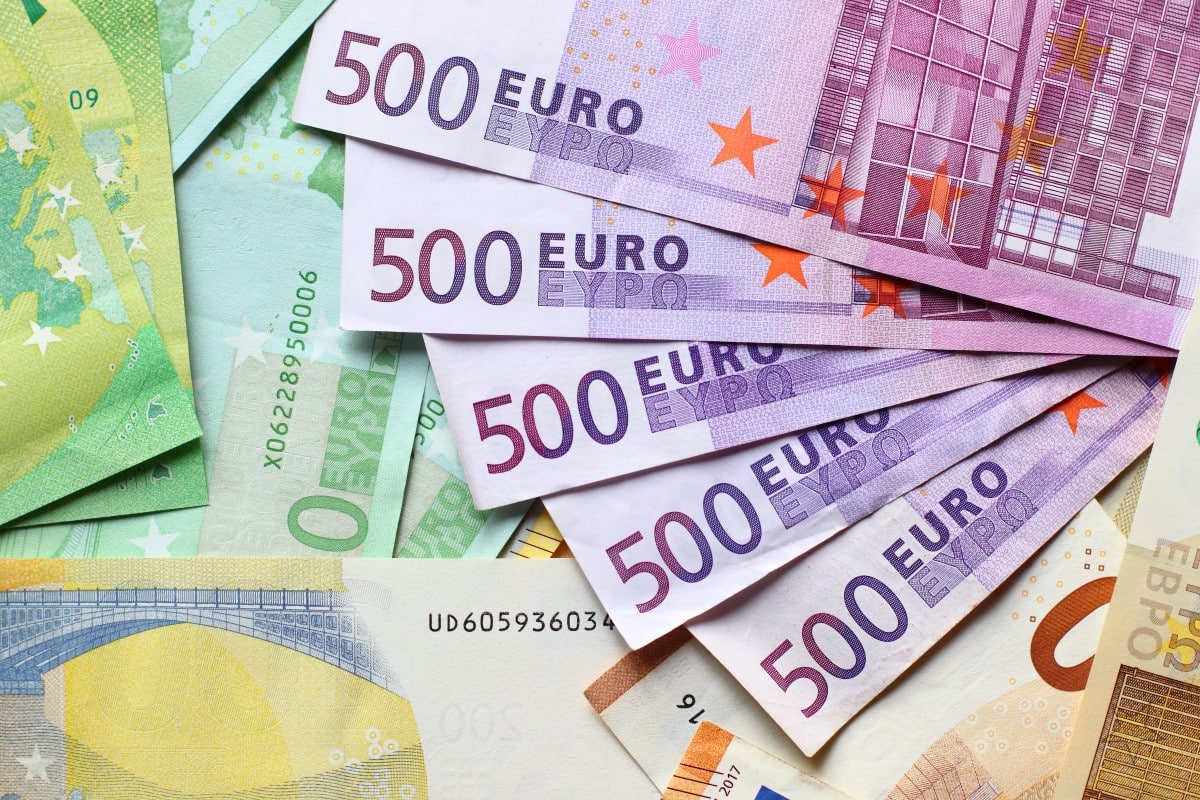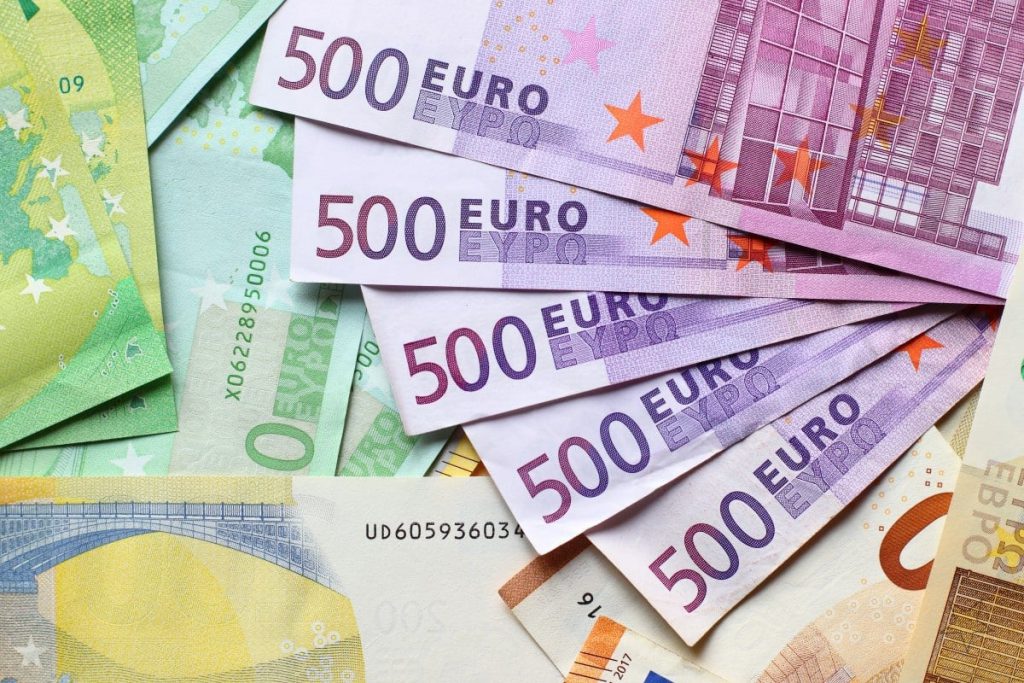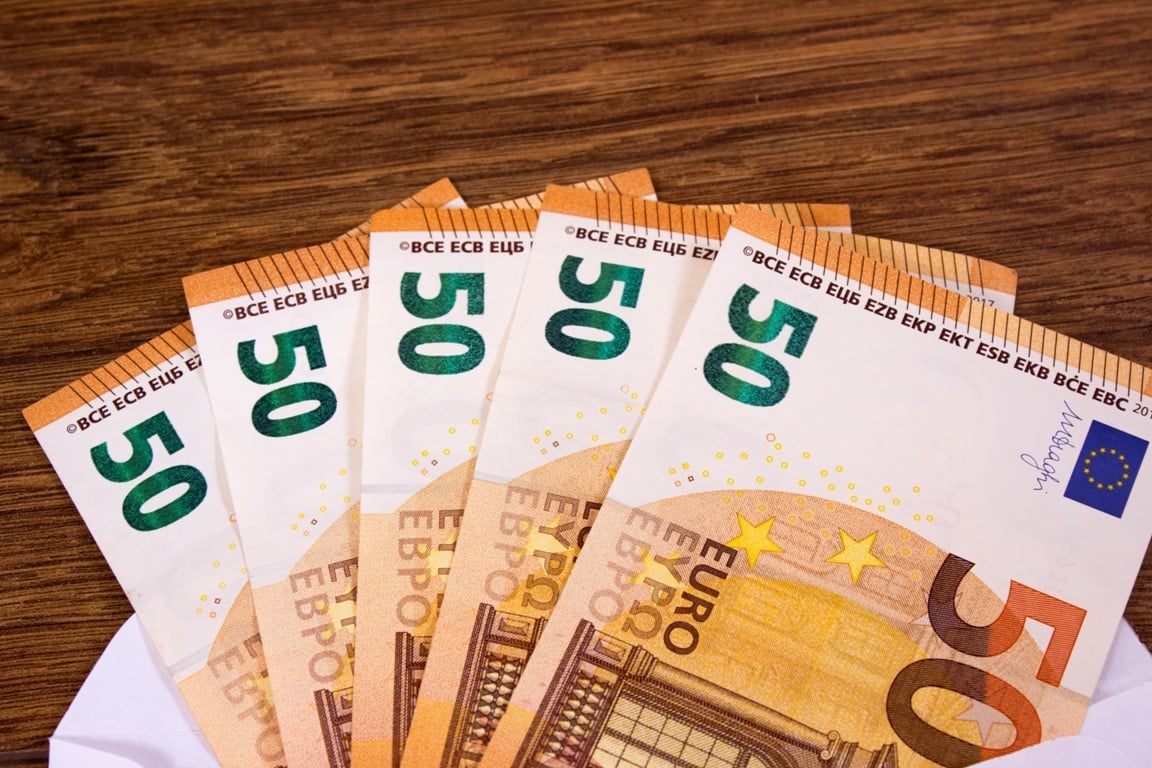
The Euro and pound tumbling against the Dollar
The world of currency exchange is a dynamic and ever-changing landscape. One currency that has captured the attention of many investors and travellers alike is the Euro. As the Euro coins jingle in our pockets, it’s fascinating to delve deeper into the current performance of this currency. Let’s see how it compares to the US Dollar and other major currencies.
Maximizing Returns with the Best Euro Buy Back Rate
The latest flash Composite Purchasing Managers’ Index (PMI) for the euro area, compiled by S&P Global, has revealed a concerning trend. In August, the PMI dropped to 47.0 from July’s 48.6, marking its lowest point since November 2020. The services component of the index saw a significant decline, sinking to 48.3 from 50.9. This is the first time it has fallen below the 50 mark. The latter indicates the boundary between growth and contraction this year.
For travelers and investors who hold Euros and are looking to convert them back into their home currency, the concept of the best Euro buyback rate becomes crucial. The sell Euro exchange rate may vary from one service provider to another. However, it’s important to shop around and find the best deal. Online platforms and currency exchange services offer different rates. Thus, keeping an eye on these rates can help maximize returns on Euro investments. Besides, as the Dollar and other major currencies continue to fluctuate, finding the right time to exchange Euros can make a significant difference in one’s financial gains.
The Future of Euro Coins: What Lies Ahead
In Germany, the composite figure also experienced a sharp decline, reaching its lowest point since May 2020. Analysts attributed this decline to both a deepening downturn in manufacturing output and a renewed contraction in services activity. The currency market felt the repercussions of these figures as well. The Euro weakened, hitting its lowest level against the Dollar since June 15, at $1.0805.
The pound faced a similar fate, plummeting to its lowest level in over a week at $1.2623. This drop followed the release of the S&P Global/CIPS PMI, which revealed a tumble to 47.9 in August, the lowest level recorded since January 2021. The survey also indicated that price and cost pressures were easing.
As we examine the current state of the Euro, it’s worth pondering what lies ahead for this prominent currency. The global economic landscape is evolving rapidly, with geopolitical events and economic indicators playing a pivotal role in currency performance. The Euro’s ability to maintain its position against the Dollar reflects its underlying strength and the confidence investors have in it. However, factors such as interest rate changes, trade agreements, and market sentiment will continue to influence the Euro coins in the future.
Euro Coins, PMI Figures, and Global Economic Insights
The allure of Euro coins stretches beyond their aesthetic appeal. The Euro’s performance against the Dollar and other major currencies offers insights into the global economy’s intricate workings. While the 100 Euros to Dollars conversion rate may grab headlines, it’s equally important to consider the best Euro buyback rate when planning currency exchanges.
The flash Composite PMI figures and subsequent currency movements provide insights into the complex economic currents of the euro area, Germany, and beyond. These indicators serve as a reminder of the interconnectedness of global economies and the ripple effects that economic trends can have across borders. As investors and analysts continue to monitor these shifts, it remains to be seen how governments and markets will respond to the evolving economic landscape.



